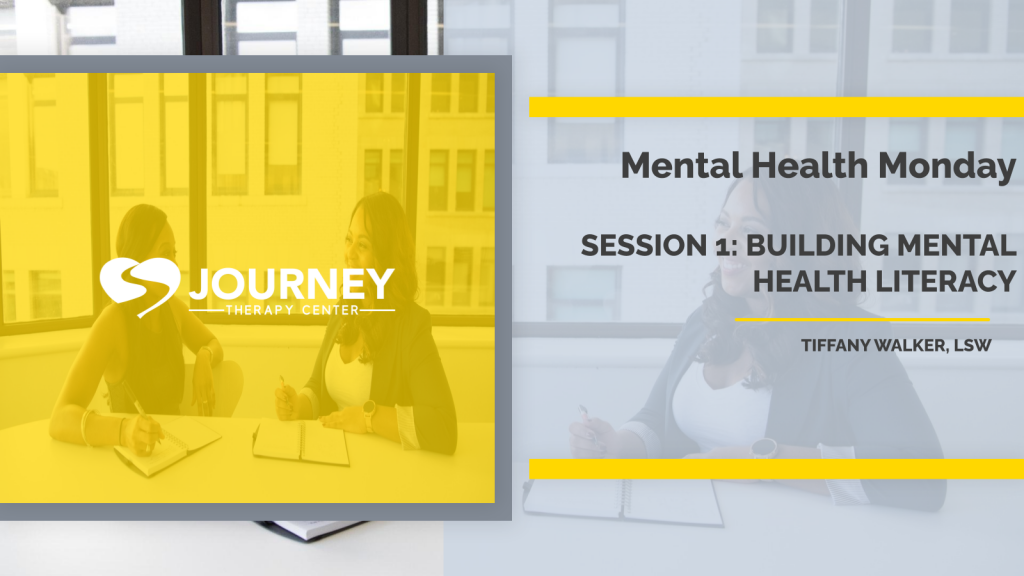Recently, mental health has been talked about more and more, especially as we’re learning about how much it affects behavior, mood, and performance in work, school, social settings, and self-esteem. Eastern’s brand new Mental Heath Mondays workshops are meant for everyone at Eastern to learn about different topics surrounding mental health and also talk about their own experiences if they feel comfortable.
The workshops are led by Tiffany Walker, a licensed social worker with Journey Therapy Center, and are held over Zoom from 4 p.m. to 5:30 p.m. There are a total of 6 workshops, the first of which took place on February 1 and covered the topic of building mental health literacy.
Personally, I only really know the basics of discussing matters of mental health, so this first workshop helped me set up a strong foundation to build more knowledge on. The interactive style of the workshop also helped me retain information and stay engaged, as Walker used a presentation program that allows participants to anonymously answer questions and apply what they’ve learned so far in real time.
The first meeting focused on the impact that mental health challenges have on students and ways to empower them to cultivate healthy coping skills, maintain their resilience, and respect their boundaries and values, a focus based off of Walker’s definition of mental health literacy.
“Mental health literacy can be defined as, ‘knowledge about mental disorders which aid in their recognition, management, and prevention,’” Walker said after having the workshop participants make their own guesses as to what mental health literacy is.
The next part of the workshop involved us discussing what it looks like for a community to have low mental health literacy. There were a few outcomes that I guessed would be on the list as someone who isn’t diagnosed with a mental illness and is still trying to improve my mental health literacy, such as increased risk factors for other ailments and risky behaviors and the perpetuation of spreading and feeling shame, however there were other results that I hadn’t ever considered, such as increased rates of chronic illness, decreased use of services, and increased health cost.
The bulk of the workshop centered on how to recognize mental health challenges – things that impact our ability to live, love, laugh, and learn – by noticing uncharacteristic changes in our own behavior and the behavior of others.
“If we want to encourage people to get help and get support, then they have to know what to look for,” Walker said. The four categories of live, love, laugh, and learn are good path markers that can let us know when we’ve started to stray. If anything begins to hinder your daily living, your relationships with others or yourself, your ability to enjoy experiences that you normally do, or your ability to do what’s necessary to learn, it’s important to talk to someone about it and get support, either from a counselor at CCAS or a therapist or doctor that you trust.
Finally, the workshop ended with ways to support mental health literacy in a faith community and a preview of a topic that will be covered in the next workshop which is what to look for in a credible therapist or counselor.
Overall, I found the workshop extremely beneficial to my journey in learning more about mental health, and if you are interested in partaking in future workshops, keep an eye on your Eastern email inbox for more information and Zoom links.

